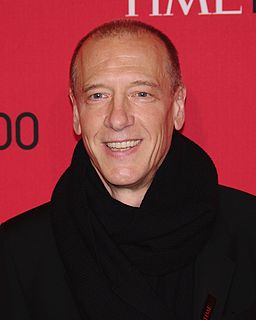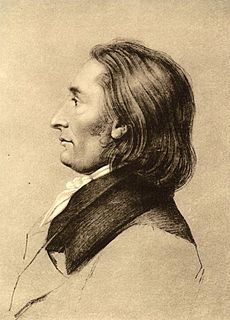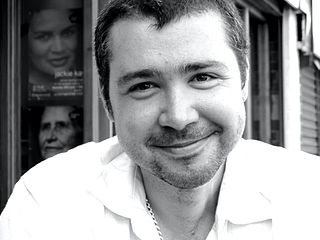A Quote by Harriet Martineau
I am sure that no traveler seeing things through author spectacles can see them as they are.
Related Quotes
Photography is solitary and there are lags between seeing with your eyes and seeing through the lens, and then seeing the image on your computer... I often see things after the fact. So there’s a revelatory quality. And this definitely includes a sense of playfulness, because you’re not sure what the consequences are going to be.
Kant, discussing the various modes of perception by which the human mind apprehends nature, concluded that it is specially prone to see nature through mathematical spectacles. Just as a man wearing blue spectacles would see only a blue world, so Kant thought that, with our mental bias, we tend to see only a mathematical world.
When you are starting away, leaving your more familiar fields, for a little adventure like a walk, you look at every object with a traveler's, or at least with historical, eyes; you pause on the first bridge, where an ordinary walk hardly commences, and begin to observe and moralize like a traveler. It is worth the while to see your native village thus sometimes, as if you were a traveler passing through it, commenting on your neighbors as strangers.






































